Pre-orders begin August 2025
Full-Scale Launch Toward World’s First AI-Powered Fully Automated Housing Construction*
KUMAMOTO, Japan — Lib Work Co., Ltd. is proud to announce the completion of Japan’s first* 3D printed house for residential use made primarily from soil, the Lib Earth House Model B, in Yamaga, Kumamoto Prefecture on July 22, 2025. This represents a groundbreaking step toward fully automated housing construction that combines generative AI-powered design with 3D printer construction. Lib Work aims to achieve the world’s first* fully automated housing construction utilizing AI technology from design through construction.
*Based on internal research (July 2025)
1. DEVELOPMENT BACKGROUND
The housing industry has remained within conventional frameworks and has seen virtually no fundamental innovation in construction methods, materials, or structures for over 50 years. In contrast, automotive and other industries have undergone rapid transformation through technological advances like autonomous driving and going electric, leading to strong demand for similar structural reform in the housing industry.
Furthermore, structural challenges in the construction industry, including global housing shortages and constant shortages of skilled construction workers, are compounded by the growing importance of initiatives toward recycling-oriented and decarbonized societies.
Recognizing both industry structural issues and societal challenges, the corporate mission of Lib Work is to increase the sustainable and reproducible housing options available. We focused early on combining 3D printing technology with natural materials. Following the demonstration of our first Model A house, we enhanced the strength, constructability, and design quality in our newly completed Model B house.
URL:https://libwork.co.jp/3dprinter_house/brand02en.html
(Image Above)Exterior of Lib Earth House Model B
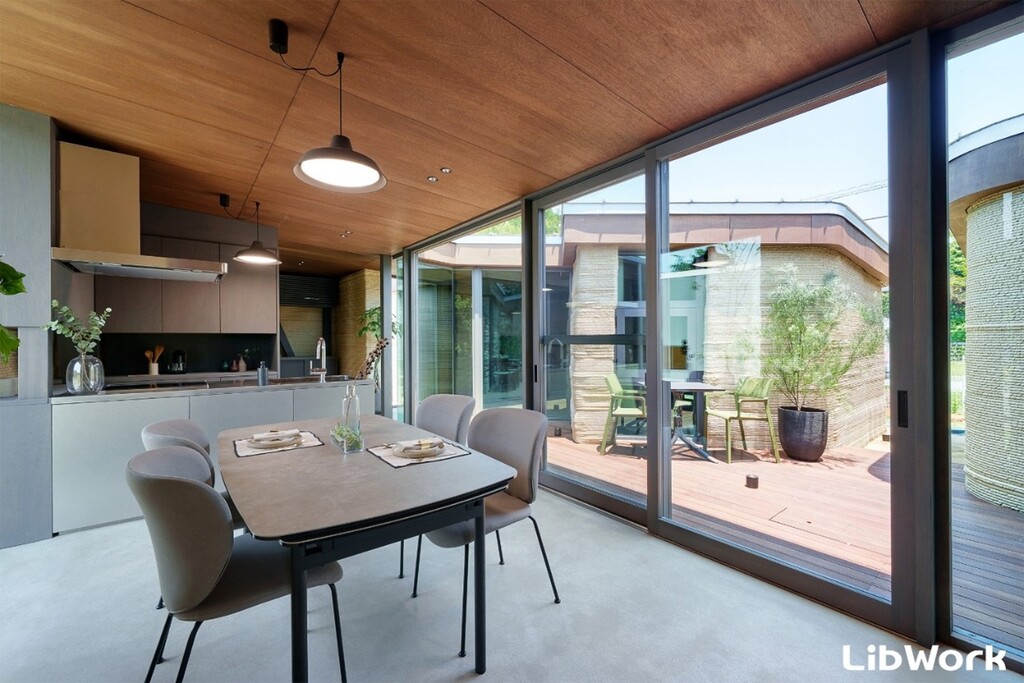


Interior of Lib Earth House Model B
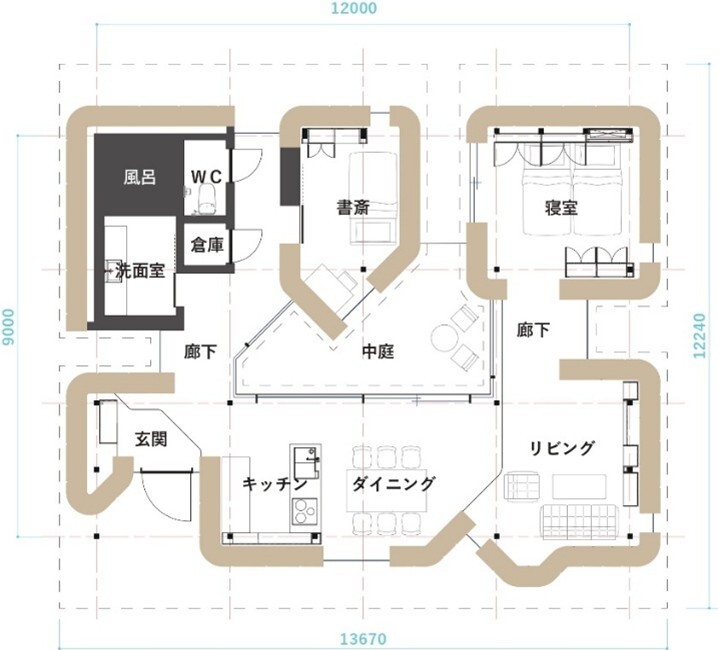
Lib Earth House Model B Floorplan
2. FEATURES OF LIB EARTH HOUSE MODEL B
I. Redefining Homes: Creating the Housing of the Future with Sustainable Materials and Cutting-Edge Technology (Patent Pending)
The walls of the completed Lib Earth House Model B use no cement (which becomes industrial waste), instead utilizing only naturally derived materials with soil as the primary component to create sustainable earthen walls. Compared to the previous model (Model A) that used some cement, strength has improved approximately fivefold while significantly reducing CO₂ emissions from the manufacturing process itself.
The inventions from this development are patent pending, and we are working to protect our intellectual property and establish competitive advantages.
II. Next-Generation Housing Management Using IoT Technologies
The walls contain cutting-edge sensors as part of a wall condensation monitoring system that monitors in real-time the temperature and humidity inside the walls. This system enables the house to manage its own condition by detecting condensation and material deterioration in advance to maintain a long-lasting, comfortable living environment.
Additionally, IoT devices are standard, enabling remote operation of air conditioning, lighting, and bath controls via smartphone or dedicated monitor, dramatically improving housing convenience and comfort. The smart entrance features facial recognition technology, providing secure and safe keyless living.
III. Self-Sufficiency, Contributing to a Circular Economy
The house features an off-grid power system that combines Tesla’s Powerwall battery storage with solar panels. This creates an electrically independent, self-sufficient home that allows residents to live environmentally friendly, sustainable lives in line with circular economy principles.
IV. Spatial Design to Coexist with Nature
The interior includes an LDK (living/dining/kitchen) space, toilet, bath, living spaces, and a courtyard, culminating in a design that effectively incorporates natural light and ventilation. The result is a living space in harmony with the environment and capable of providing comfortable living throughout the year.
3D Printer Housing Development Partners:
Ove Arup and Partners Japan Limited
ogawaa design studio LLC
Kyotani Architectural Design Office, Class I Architect Office
Message from 3D Printer Housing Development Partner

Congratulations on the completion of Model B.
For this project, we designed a new living environment around the themes of environment and health, using naturally derived 3D printed walls made primarily from soil to bring the outdoor environment indoors.
Together with Lib Work, we hope to continue to provide architectural solutions that contribute to achieving a recycling-centered society.
In the future, by using local soil for on-site material production, and by making all components easily removable, separable, and reusable/recyclable, we aim to provide reusable architecture that produces no waste when demolished. As the next step, we want to research the properties of soil (insulation, humidity control, deodorization, health benefits, etc.) to identify the advantages of earthen walls.
We will also continue using 3D printing technology as the interface between living (software) and housing (hardware) to create housing that allows residents to freely modify floor plans and size according to changes in family composition and lifestyle (updates). We hope to increase the flexibility and sustainability of housing to establish new standards in housing development in the future.
Message from 3D Printer Manufacturer: Wasp
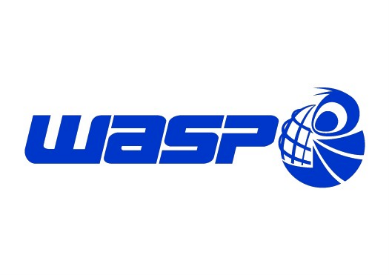
Lib Work’s Model B project, created using the Crane Wasp 3D printer, symbolizes a new frontier in architecture using natural materials.
We are proud to witness the amazing results achieved using our technology, thanks to our partners’ dedicated efforts and commitment that have paved the way for Japan to play a leading role in sustainable architecture.
The close cooperation and aligned vision between Wasp and Lib Work made this important milestone possible and set a new global standard.
We will strengthen this partnership and promote buildings 3D printed with sustainable materials in Japan while consistently improving and refining our solutions.
We heartily congratulate the Lib Work team for their wonderful interpretation of combining 3D printing with natural materials. Their work fuses minimal design with organic inspiration, creating an aesthetic sensibility reminiscent of the Japanese “kintsugi” philosophy that celebrates uniqueness and the beauty of natural materials.
As Wasp’s founder, I am honored to collaborate with organizations like Lib Work and share the same vision of fusing technology, natural materials, and sustainability. This is a concrete example of international cooperation and cultural exchange contributing toward a more sustainable and conscious future.
Message from Generative AI Development Partner: Maket Technologies

Maket is proud to provide the technical foundation used to realize Lib Work’s bold vision of fully automated AI-powered housing design and construction. We firmly believe that technology and automation are essential to solving the global housing crisis. AI is not merely a means of acceleration, but also enables optimal decision-making and design based on real constraints such as site conditions, climate, and regulations. Our envisioned future is not about building the same houses faster but designing and optimizing the most suitable housing for each individual project. Through our collaboration with Lib Work, we are building a future of more sustainable and accessible housing for everyone.
3. TOWARD THE WORLD’S FIRST AI FULL AUTO BUILD
Lib Work will now begin a full-scale project aimed at achieving the world’s first AI “full auto build” (fully automated home construction).
We now have the necessary 3D printer housing construction technology. The next step is to utilize generative AI in the design phases and develop integrated systems to automate everything from design to construction.
We are entering a full-scale development phase for AI design that involves the research and development of a new AI design system in collaboration with our external partner, Maket Technologies.
Through these cutting-edge initiatives, Lib Work will be able to provide more sustainable and efficient housing and pioneer a new future for the housing industry.
4. FUTURE BUSINESS PLANS
I. 3D Printed Home Construction in Japan
Our goal is construction of a total of 10,000 units by 2040. Research reports indicate very high growth in future demand for 3D printed buildings, which we intend to provide for. Pre-orders for Lib Earth House Model B will begin in August 2025, with orders beginning in January 2026.
II. 3D Printed Home Construction Franchising in Japan
We plan to expand our proprietary 3D printed home technologies nationwide to housing and construction companies through a franchise system. This will enable our partner companies nationwide to construct 3D printed homes with the same quality as ours so we can scale throughout Japan. Main initiatives include support for 3D printer purchase/installation, creation of housing design data, technical training for franchisees, and building out operation and maintenance systems.
III. Expansion into Commercial, Hotel, and Public Facility Sectors
In addition to homes, we plan to expand our 3D printer construction technologies into a variety of fields, including commercial facilities and hotels. We will provide new architectural solutions for various use cases, including glamping facilities, saunas, hotels, facades, and commercial stores. The goal is to create unprecedented value in the tourism and commercial sectors.
IV. Global Business Expansion
We are actively considering expansion into markets beyond Japan. We continue to develop our business globally, with a particular focus on areas such as those throughout Asia where we can contribute to solving societal issues like global housing shortages and temporary disaster relief housing.
5. IMPACT ON BUSINESS PERFORMANCE
The impact on FY2026 (ending June) business forecasts is expected to be minimal. We will promptly announce any matters requiring disclosure as they arise.
Through this business development, Lib Work will work toward realizing SDG #3: Good Health and Well-being, #11: Sustainable Cities and Communities, #12: Responsible Consumption and Production, #13: Climate Action, #15: Life on Land, and #17: Partnerships for the Goals.



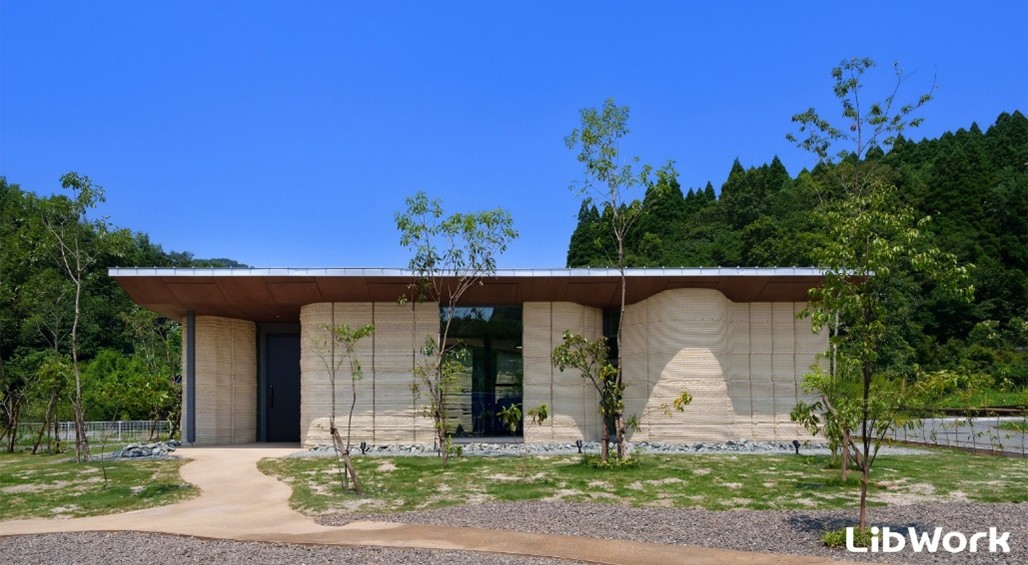
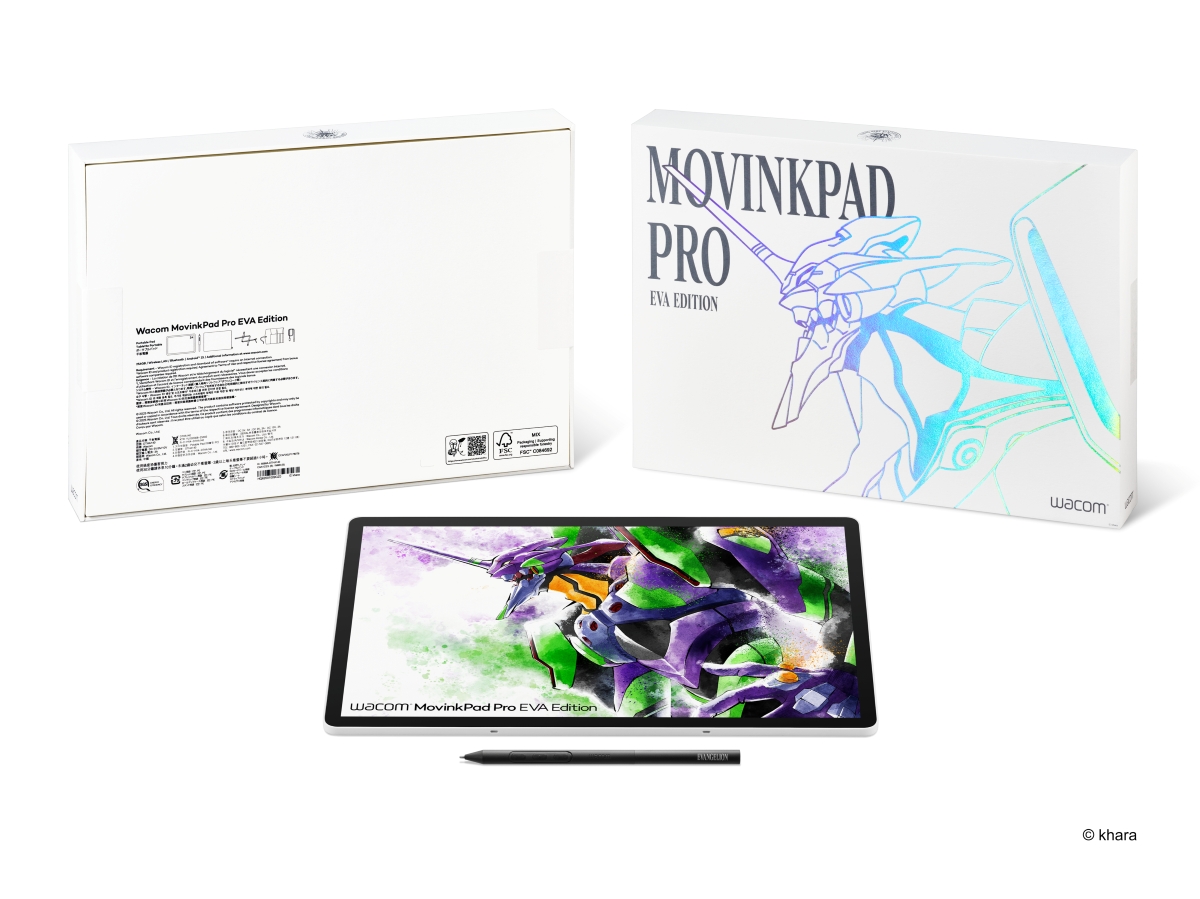

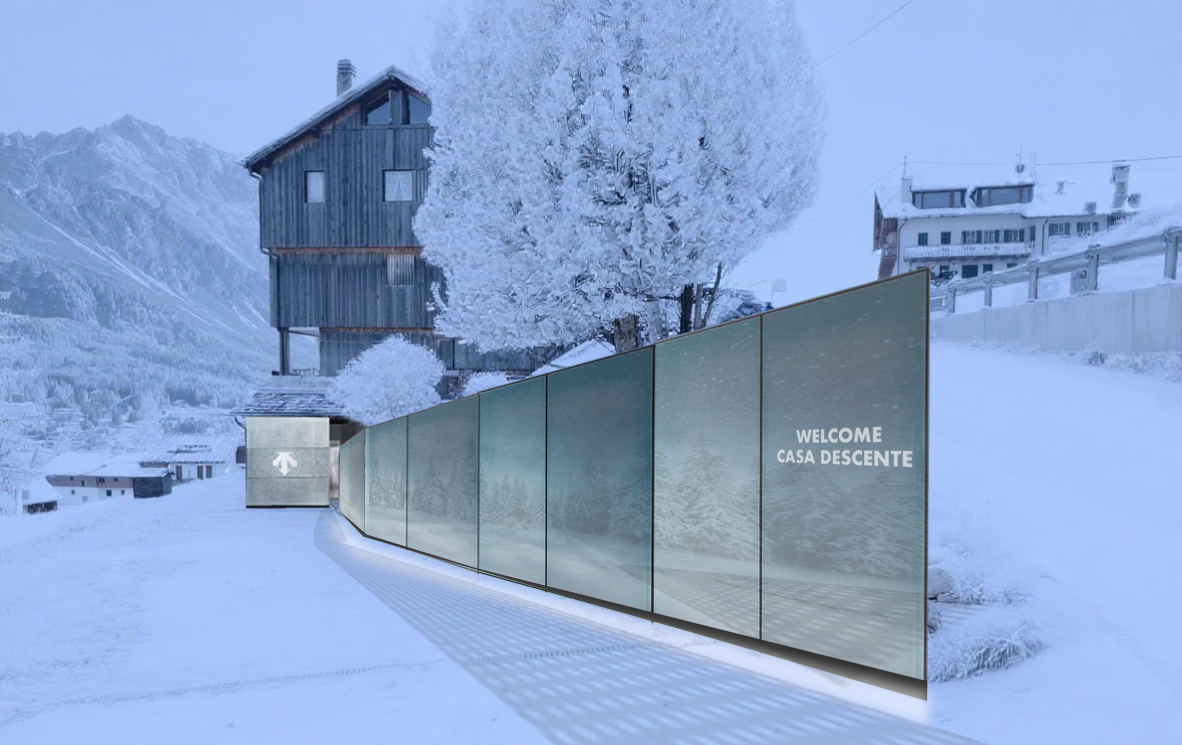
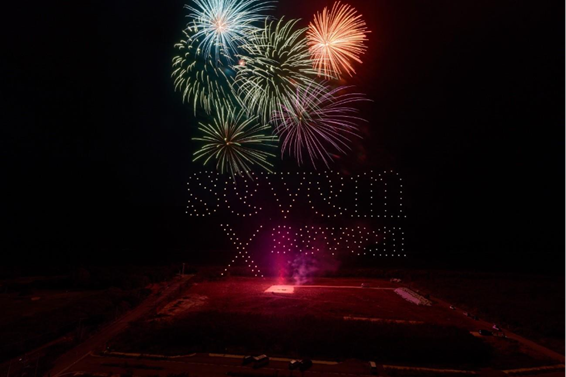
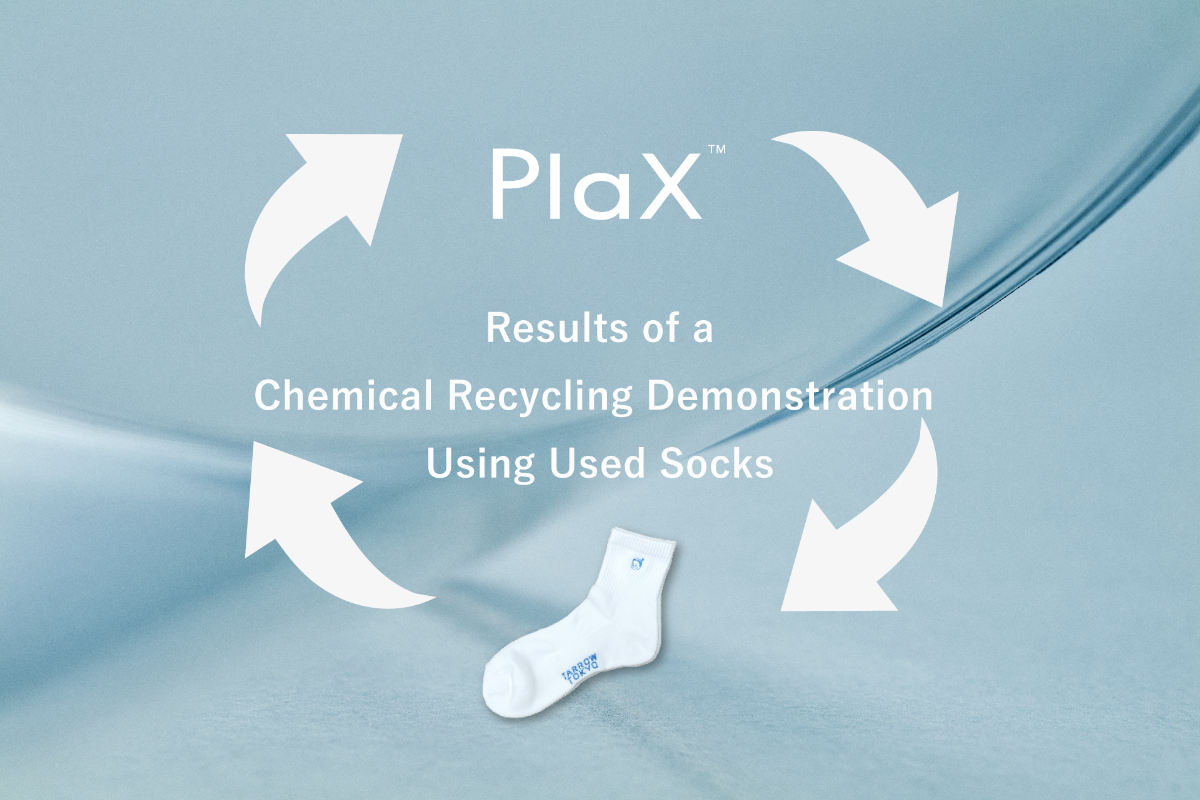
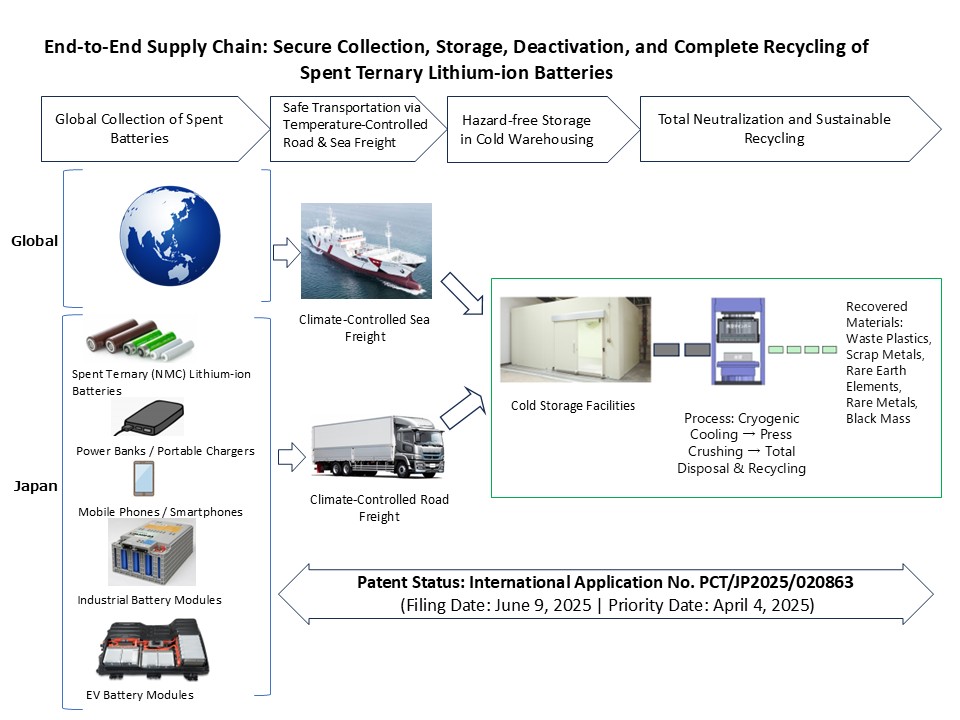
Leave a Comment
You must be logged in to post a comment.